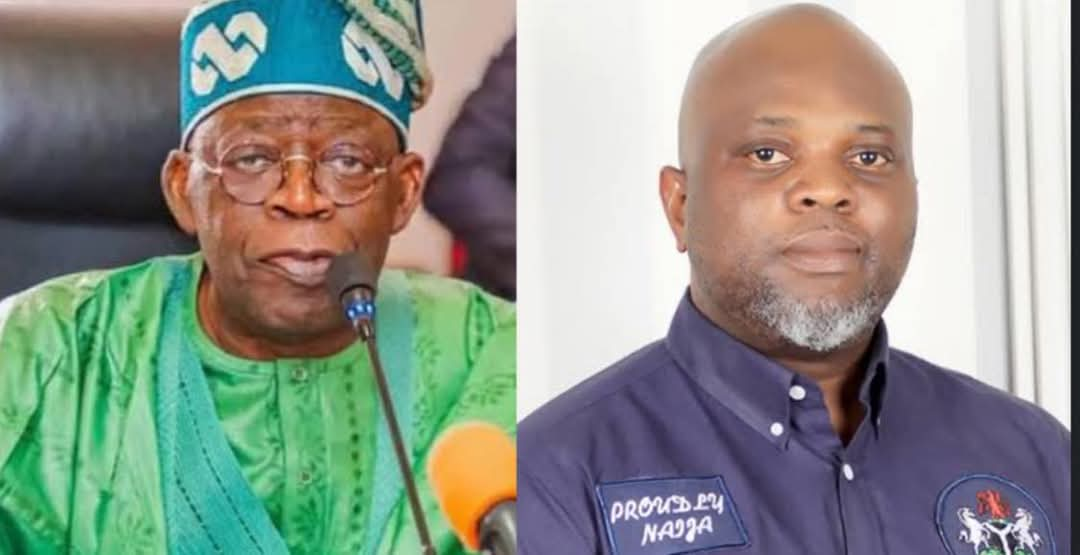National
Tinubu Presidency Says Daily Earnings of N1,500 Considered Significant for Many Nigerians

The presidency of Nigeria under Bola Ahmed Tinubu has stated that earning N1,500 per day is considered a substantial amount for many Nigerians. The statement was made by Bayo Onanuga, Special Adviser to the President on Information and Strategy, during a public defense of the administration’s economic reforms, which have sparked widespread criticism due to rising inflation and a worsening cost of living.
Onanuga made the remarks in a video interview that quickly circulated online, drawing intense reactions from citizens and commentators. In the video, Onanuga argued that despite current economic challenges, many Nigerians still see N1,500 in daily income as meaningful.
His comments were made in response to criticisms of the Tinubu administration’s economic policies, especially the removal of fuel subsidies and the floating of the naira, both of which have caused a sharp increase in the cost of goods and services. Since these measures were introduced in mid-2023, inflation has surged, with the prices of essential commodities more than doubling in some areas. Transport costs have also escalated, placing further pressure on household incomes.
In defense of the administration’s reforms, Onanuga insisted that Tinubu inherited an already struggling economy and that the policies now in place are designed to stabilize and grow the country in the long term. He added that government intervention programs are being rolled out to ease the pain on vulnerable populations.
However, his remarks about N1,500 being “a lot of money” struck a nerve with many Nigerians, especially those who believe the government is out of touch with the economic reality faced by the average citizen. Critics argue that such an amount, which equates to approximately $1 per day at the current exchange rate, falls below the international poverty line set by the World Bank, which is $2.15 per day.
Many Nigerians took to social media to express outrage and frustration. Several users pointed out that N1,500 cannot sufficiently cover daily expenses such as food, transport, and basic utilities. Others questioned whether any member of the political elite could survive on such an amount.
The comment has also reignited the debate on the need for a living wage in Nigeria. The current minimum wage, officially set at N30,000 per month (about N1,000 per day), is widely considered inadequate given the rising cost of living. Labor unions have been pushing for an increase to at least N100,000 monthly, citing the impact of inflation and currency devaluation on workers’ purchasing power.
Despite the backlash, the presidency has not issued a formal clarification or retraction of Onanuga’s remarks. Instead, the administration has continued to focus on promoting its economic agenda, which includes attracting foreign investment, reforming fiscal policy, and expanding social welfare programs.
The Tinubu administration maintains that while the reforms may be painful in the short term, they are essential for achieving long-term economic growth and stability. Officials have promised that various relief measures, including conditional cash transfers and support for small-scale businesses, will be implemented to cushion the effects on the most affected demographics.
Nevertheless, public confidence remains low as millions of Nigerians struggle with food insecurity, unemployment, and declining living standards. For many, the suggestion that N1,500 constitutes a meaningful daily income only reinforces the disconnect between the government and the populace.
As the economic situation continues to evolve, the government faces increasing pressure to not only adjust its messaging but also deliver tangible relief to citizens grappling with the harsh consequences of the ongoing reforms.
